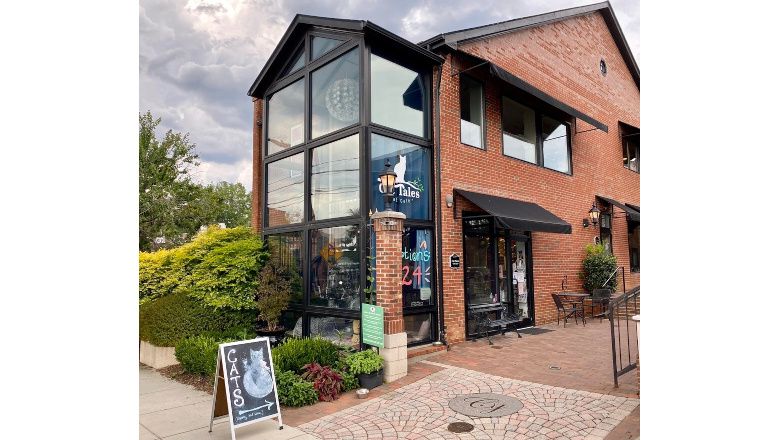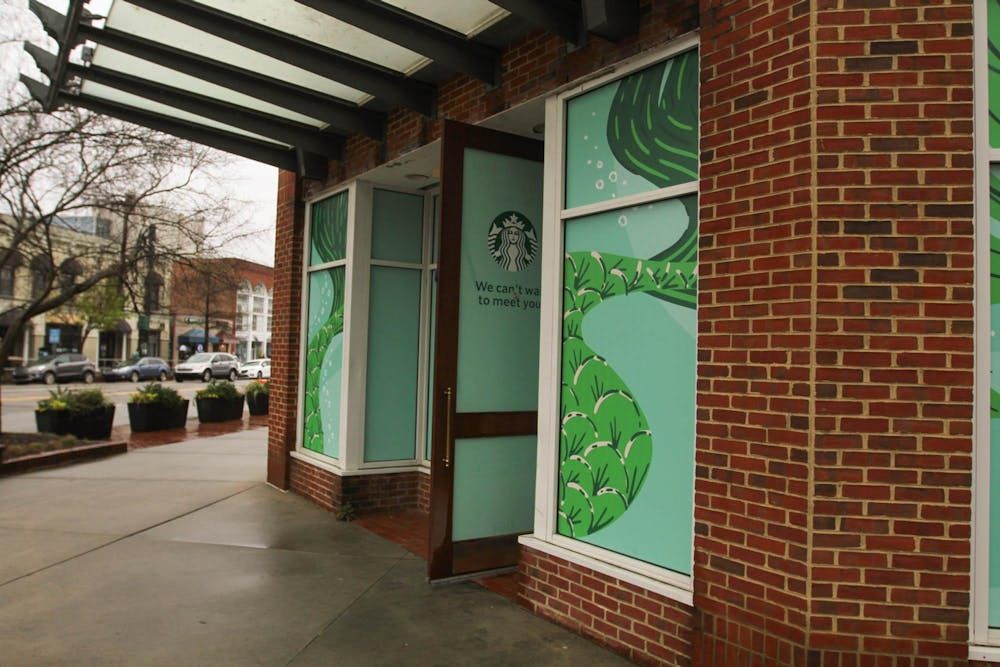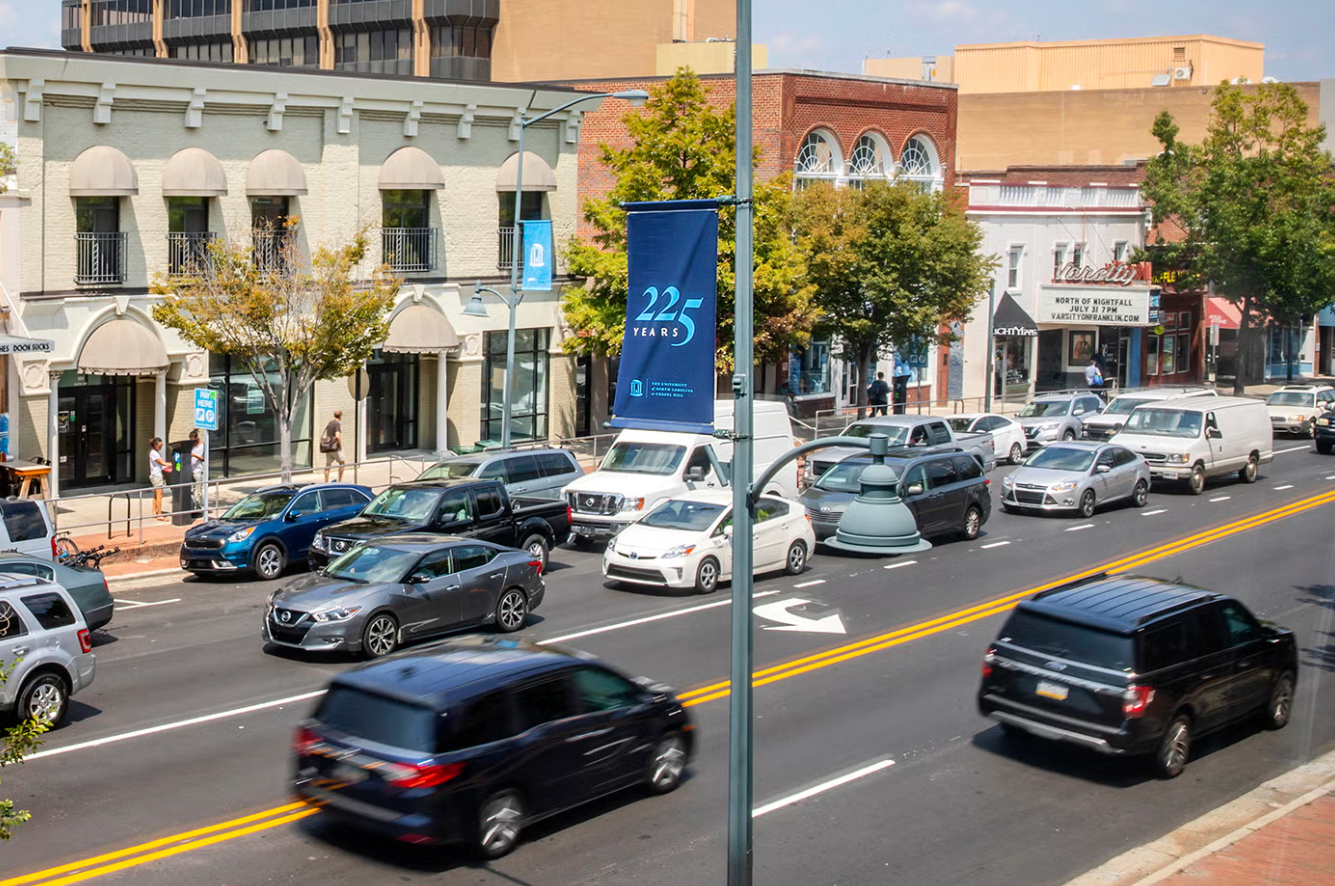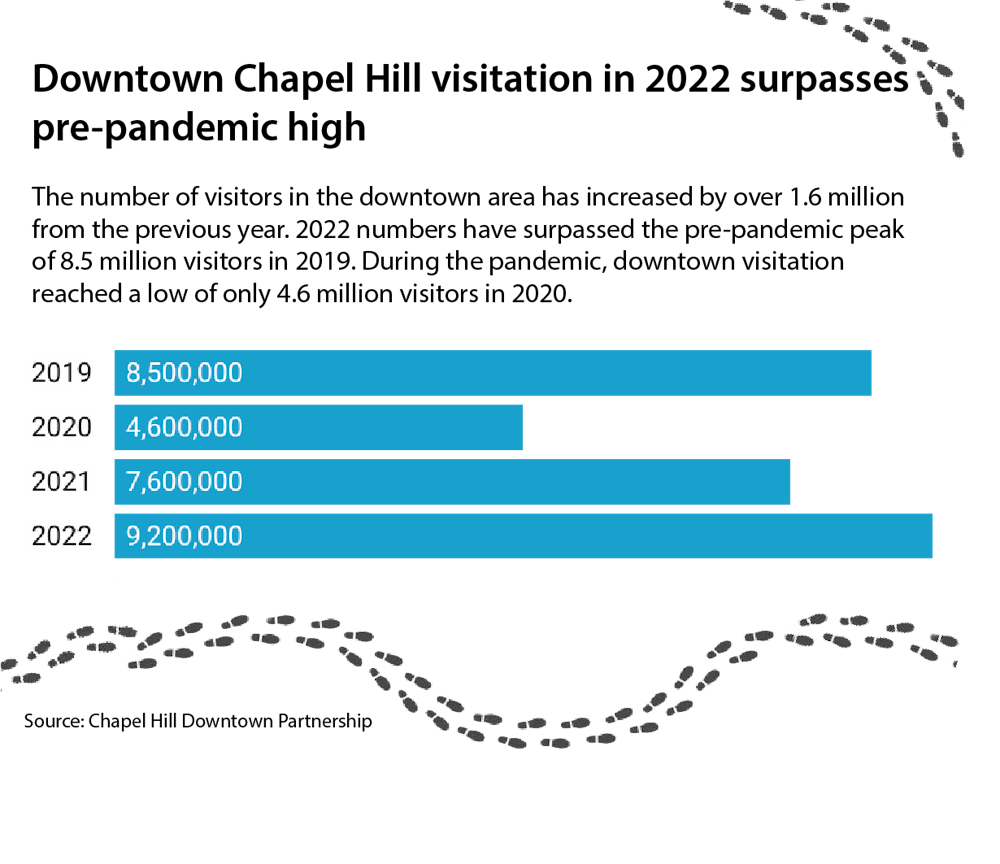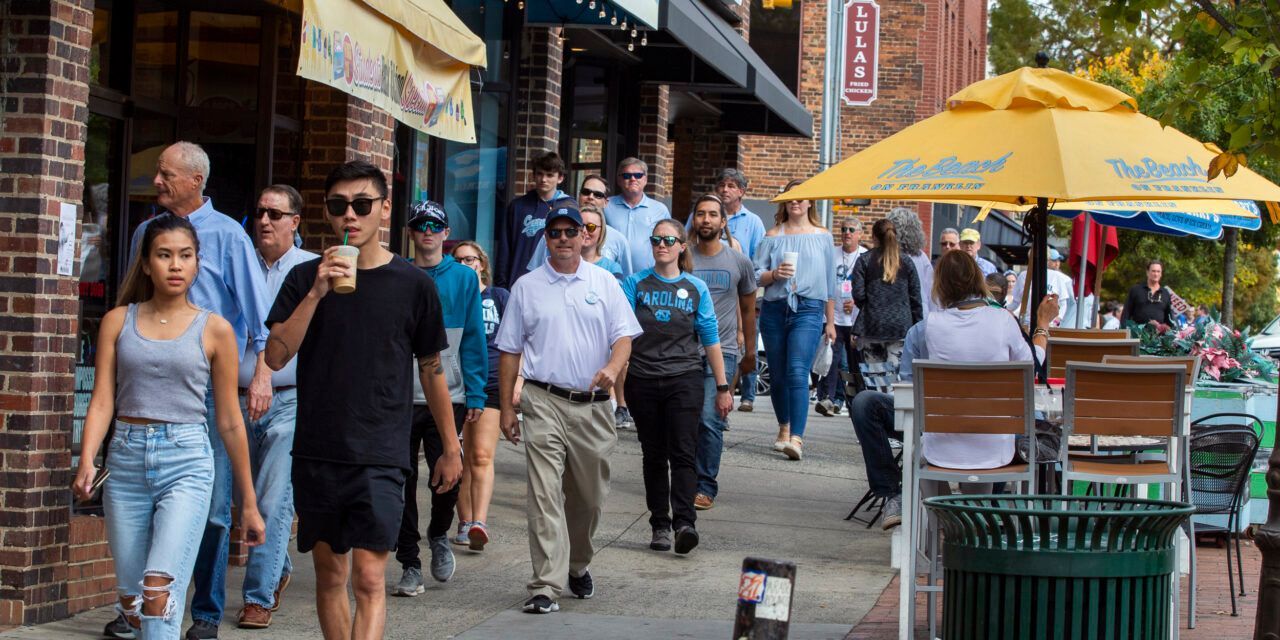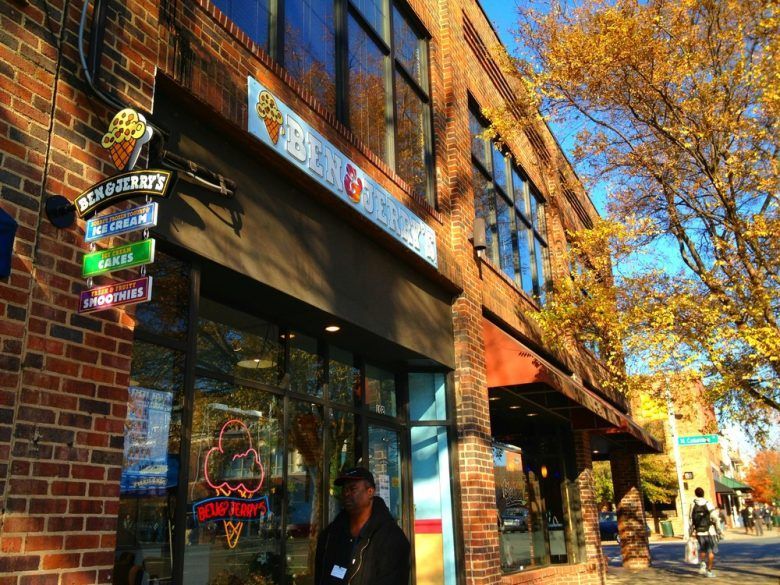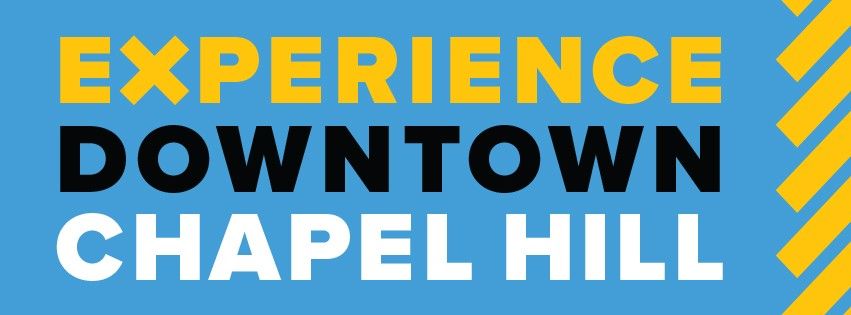CCC: Alcohol & Coping During COVID 19
By Mae Golden
In France, a BBC article reveals that students have planned a series of protests to bring awareness to the increasing mental health problems that they believe are a result of the coronavirus pandemic. They have coined the movement #GhostStudents: due to “a combination of isolation, inactivity and a broader loss of purpose…many students [are] close to breakdown,” and feel forgotten by the government administration.
Unfortunately, this phenomenon isn’t unique to France: it is an abyss into which students everywhere are falling. In the article , students are quoted saying, “I no longer have dreams” or “There’s nothing to look forward to. When you’re in your early twenties, you live intensely and social interactions are at the centre of your life.” Student mental health resources, such as counselors, have been massively overwhelmed. Thus, students feel unheard and alone—feeling forgotten in the “inbetweeness” stage of their lives. This movement speaks to the loneliness and poor mental health of students. In the pandemic, students who feel lost in the pandemic are looking for ways to cope.
As a result, some students may be turning to alcohol in the hopes of coping. In fact, research from the CDC shows that alcohol use among younger adults has increased during the pandemic. But coping in this way can actually amplify the negative feelings that students may wish to avoid. According to this article , a professor of neuropsychopharmacology, warns that feelings of anxiety, guilt, and stress are emotions that can be amplified by drinking the morning after, or what he coins “hangxiety.” Coping in this manner is also a slippery slope according to the Higher Education Center , which revealed that college students are at higher risk of alcohol-related consequences such as embarrassment, adverse sexual outcomes, academic problems, and physical injury. Additionally, a study from Binghamton University reveals alcohol abuse in this manner can begin a vicious cycle of substance abuse, stress, and poor academics. Mental distresses in college students were identified with substance abuse, lack of sleep, unsocial behaviors, poor academic attitude and behaviors, and low GPA. If students do not know all the risks of using substances to cope, their response to these triggers will only exacerbate their initial negative feelings.
Nonetheless, the perception that all students are turning to substances as a way to cope is not representative of how all students are dealing with the increased pressures of the pandemic. A majority of students are taking the challenges of the pandemic one day at a time, inserting small acts of self-care into their new forms of a daily routine. Whether that is spending time outdoors, or simply trying to drink more water, students across campuses are resiliently maintaining friendships through phone calls, zoom rooms, and maintaining small social bubbles. Personally, I practice self-care by trying to keep a daily routine and relaxing on the weekends by watching movies with my roommates. College campuses are also offering resources to which college students have access. For UNC students, Davis Library has limited floors open for studying, the Rams Head Rec Center and the SRC are open under regular hours, and my personal favorite, the hiking trails of the UNC Botanical Gardens.
Students are standing together on the precipice of their future, and it is our responsibility to support them and each other’s mental health during this extremely difficult time, a time when dangerous habits may be formed. Nonetheless, all students deserve our support at these pivotal moments in their lives for their future mental well-being. The end of the pandemic is in sight! Together, the culture around alcohol consumption can be changed to foster a healthier environment.
